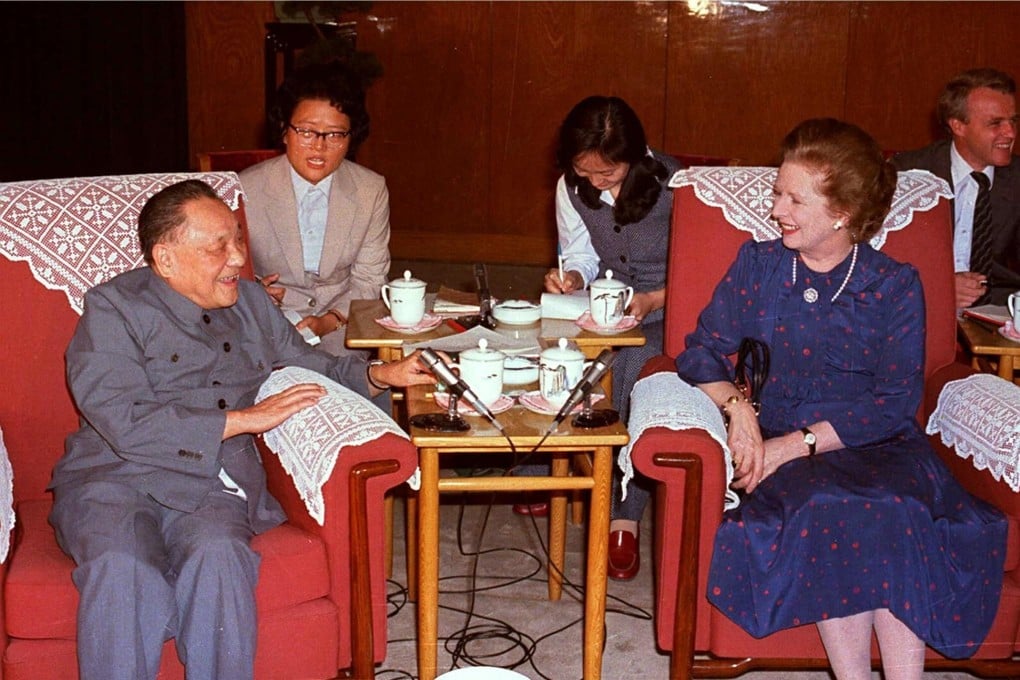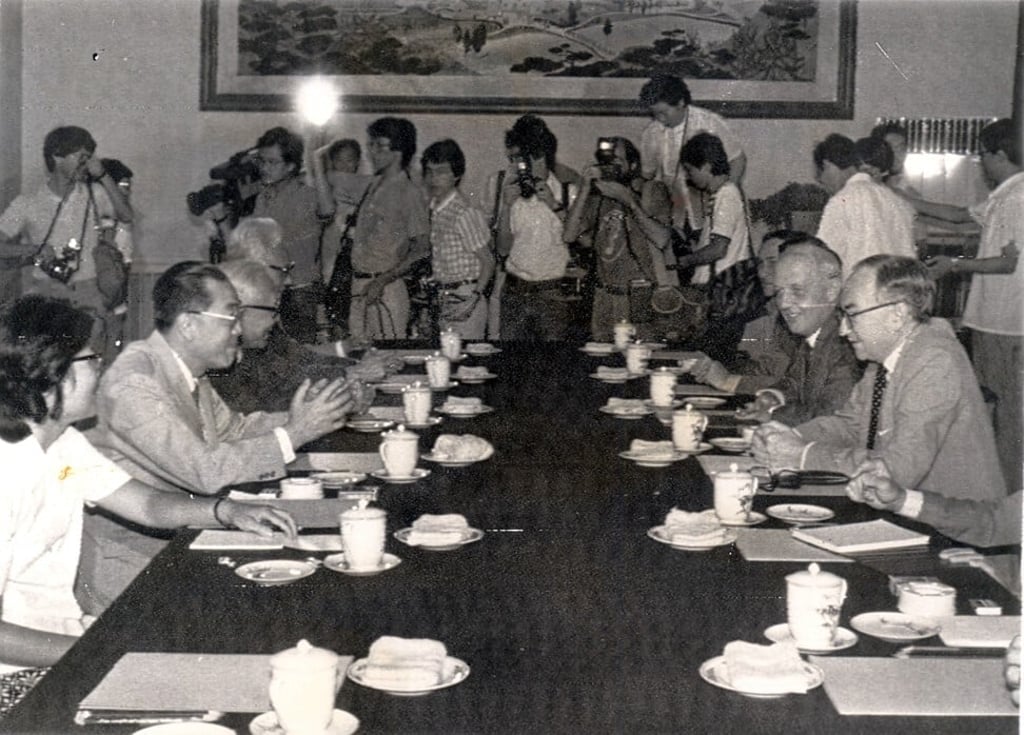Then & Now | In Chinese political theatre, interpreters have held positions of privilege – and power
- In societies where different languages play parallel roles, the role of interpreters is key
- Discretion when translating both speech and cultural nuance is central to their success and survival

In societies where different languages play parallel roles within government administration, the law courts and business transactions, the role of translators and interpreters is key. Since ancient times, with every successive dynasty, Chinese political theatre required their presence.
Dignitaries lined up with their personal sets of ears behind them to translate the obscure mutterings of tribute-bearing barbarian vassals into acceptable human speech, or so their own ethnocentric world view maintained. Absolute discretion was key to these functionaries’ survival; they saw and heard literally everything that went on, at close quarters, and consequently their power (even when unexercised) was enormous.
Hong Kong’s first professional commercial interpreters, like all other service workers in the early colony, migrated from Canton and Macau from the early 1840s. Primers in Pidgin English had been prepared and widely sold in those cities for several decades, the earliest dating from the late 17th century.
These books provided phonetic renderings that attempted to mimic the foreign sounds in Chinese characters as spoken in Cantonese, along with actual meanings; the jumble of seemingly random characters made no sense on their own, and some tentative meaning only began to appear when they were spoken in sequence. These were known as “devil’s talk” books. Various examples exist, which – like any phrase book – give fascinating insights into what their authors deemed it important to know and communicate.

Hong Kong’s early locally trained interpreters were graduates of recently established English-medium government and mission schools, where many parents chose to send their sons. Their language skills, significantly superior to any self-taught “devil’s talk”, were readily marketable – in much the same way as fluent command of Mandarin is today, and Japanese was in the 1980s – and were regarded as an automatic passport to lucrative jobs.
